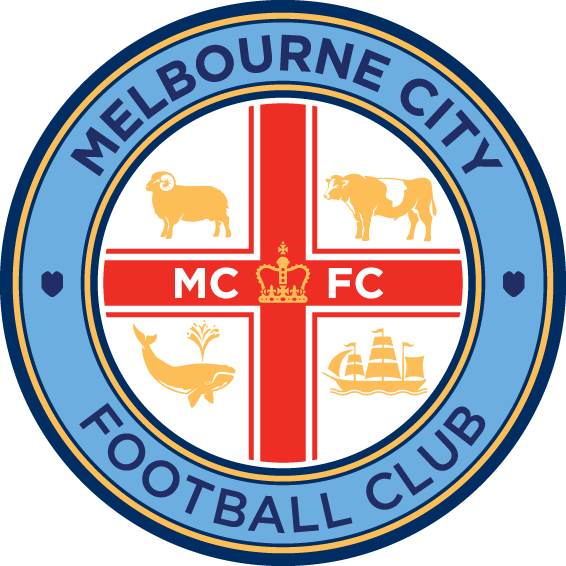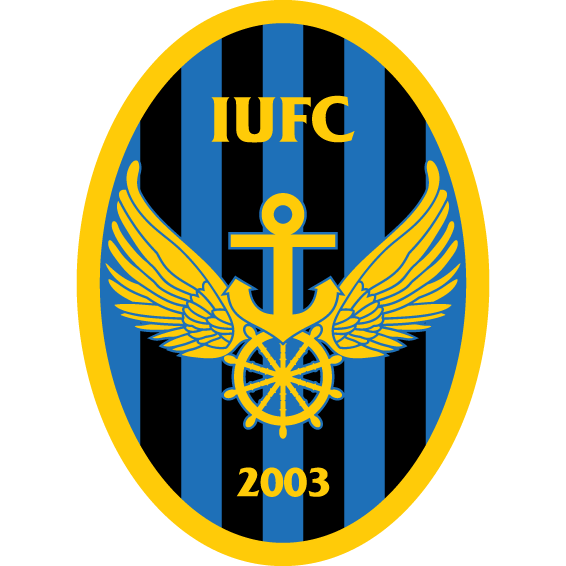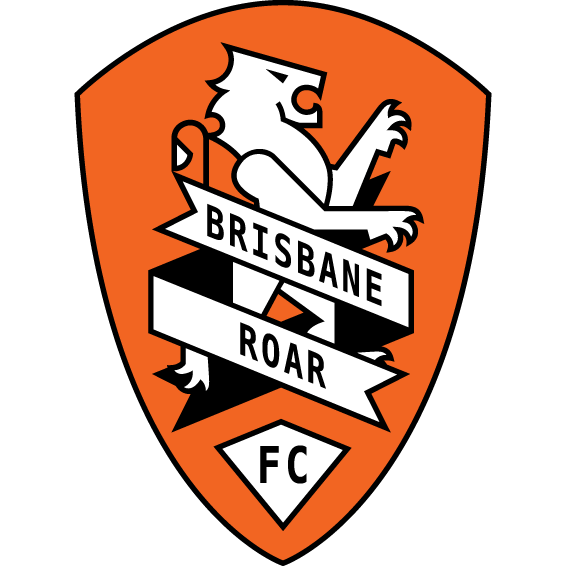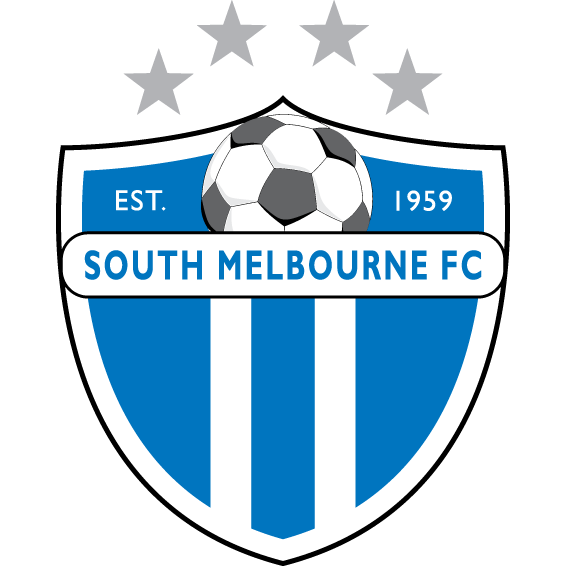
‘Best Decision Ever’ – John Terry Reveals Why He Turned Down Big-Money Move to Chelsea’s Premier League Title Rivals
Terry Explains Why Rejecting Chelsea’s Premier League Title Rivals Was the Turning Point of His Career
Every so often, football gifts us one of those sliding-doors stories—moments where a single decision shapes a legacy, a club’s history, and maybe even the Premier League landscape. For John Terry, the man who came to embody Chelsea Football Club more than almost any other modern player, that moment arrived in 2009.
For nearly two decades, Terry bled blue. He was Chelsea’s captain, leader, legend—quite literally, as the Stamford Bridge faithful still chant. Yet what many fans may not fully remember is just how close he came to leaving during a turbulent period for the club. A very close call indeed.
Speaking recently, Terry opened up about turning down a life-changing offer from one of Chelsea’s emerging Premier League title rivals. And looking back, he describes staying as “the best decision ever”—a choice that shaped not only his own career but also Chelsea’s success in the decade that followed.
Manchester City’s 2009 Approach: A Temptation Terry Wouldn’t Entertain
To understand the weight of Terry’s decision, you have to rewind to the late 2000s—a period when Chelsea were still among England’s best, but no longer the unstoppable force they had been under José Mourinho. After winning back-to-back Premier League titles in 2004–05 and 2005–06, the Blues endured three seasons without lifting the trophy. They remained competitive, of course, but they were no longer the team that intimidated the entire division simply by walking onto the pitch.
At the same time, Manchester City had just entered their new era following the Abu Dhabi takeover. Big names were arriving: Robinho, Emmanuel Adebayor, Carlos Tevez shortly after. City were a club with money to spend, ambition to grow, and a clear desire to fast-track themselves toward becoming Premier League title contenders.
And at the heart of their ambitious blueprint sat one audacious dream: signing John Terry.
City reportedly submitted a £29 million bid—a significant amount at the time for a centre-back, and a statement of intent that they wanted England’s best defender in sky blue. Terry was at the height of his powers, captaining both Chelsea and England, and widely considered one of the top centre-backs in world football.
But as tempting as City’s project may have looked, Terry says his mind was made up the moment Chelsea informed him of the offer.
“I Don’t Want to Leave This Football Club”
.png?auto=webp&format=pjpg&width=3840&quality=60)
John Terry Chelsea
Speaking to Livesport Daily, Terry recalled the moment he learned about City’s bid—and how unthinkable leaving Chelsea felt to him.
“I know Man City made a £29 million bid for me back in 2009/10 when Ancelotti was the manager,” Terry said. “And as soon as Chelsea spoke to me about it, I was like: ‘I don’t want to leave. I do not want to leave this football club.’”
What shines through in Terry’s retelling is how deeply he felt his connection to Chelsea—not as a contract, or a badge, or a career stepping stone, but as home. He made it crystal clear that not only did he want to stay, but that he also didn’t want to be at Chelsea if the club didn’t truly want him.
“And if you want to sell me,” Terry told them, “then we have to have a different discussion because I don’t want to be here if you don’t want me.”
That was the ultimatum of a captain, a leader, a man who demanded loyalty but was willing to give it back tenfold.
Roman Abramovich wasted no time reassuring him.
Roman Says “Stay”, Terry Signs, and a Legacy Is Secured
“And Roman was like, ‘We want you. We want you to stay.’”
With those words, everything changed. Terry wasn’t just valued—he was central to the club’s future. Soon after, Chelsea handed him a new five-year deal at the age of 29, essentially tying the bulk of his remaining career to Stamford Bridge.
“And I signed a new contract,” Terry explained, “committed the rest of my career really to Chelsea… which was the best decision ever.”
The decision proved prophetic. Under Carlo Ancelotti, Chelsea went on to win the Premier League title in 2009–10, scoring a record-breaking 103 goals. Terry lifted another title under Mourinho in 2014–15, and again in 2016–17 with Antonio Conte, earning his fifth league crown.
Had he left for City in 2009, the Premier League landscape could have looked very different. Instead, Terry stayed—and Chelsea kept their heartbeat.
A Dream to Manage Chelsea… One He Fears May Never Happen
Even after hanging up his boots, Terry has never concealed the depth of his connection to Chelsea. And naturally, that loyalty evolved into another ambition: to manage the club one day.
Quoted recently by the Daily Mail, Terry admitted that becoming Chelsea’s manager remains the “one last dream” he has in football. But, painfully for him, he no longer believes the dream is realistic.
“I’m not sure it ever happens, to be honest,” he admitted. “It’s my one last dream I have at the football club. I’ve done everything at Chelsea. And for me now, the one thing that is missing is being the manager.”
It’s clear Terry doesn’t feel entitled to the job. If anything, he’s hyper-aware of what management demands. Despite a glittering playing career, he acknowledges that his experiences—while valuable—are only a starting point.
“You still have to learn and understand what it takes,” Terry said. “There’s a lot more that goes into the coaching side of it.”
Learning His Trade: From Villa Assistant to Aspiring Manager
To his credit, Terry hasn’t tried to shortcut the process. After retiring in 2018, he joined Aston Villa’s coaching staff, working under Dean Smith and playing a pivotal role in helping them return to the Premier League.
“I got great experience under Dean Smith,” he said. “We got promotion, which was incredible.”
Terry eventually left Villa to prepare for a No. 1 role. He believed he had the personality, leadership, and tactical understanding to be a strong manager, particularly in a dressing-room environment.
“I think I’d be a really good number one,” he said. “I enjoyed the coaching side of it. I want people around me that are better coaches than me. Then I could lead the dressing room and the team like I did as a player.”
He’s convinced he has the qualities; what he doesn’t have, yet, is the opportunity.
The Harsh Reality: Experience Matters More Than Name Value
Terry is candid—and clearly frustrated—when he talks about how former players, even legendary ones, face barriers breaking into management at a high level.
“When people tell you you’ve not got the experience, it’s difficult to fathom,” he said.
He isn’t asking for a Premier League or Championship job straight away. Instead, he’s realistic: a League One role would be enough to start building his track record.
“I’m not saying a job in the Premier League or the Championship,” he clarified. “But a job at League One level.”
For now, Terry is keeping an open mind. But there’s little doubt he wants a chance—any chance—to build a managerial career that might one day lead him back to the club he loves most.

Manchester City v Leicester City – Premier League
What Terry’s Loyalty Still Teaches Us Today
In modern football, loyalty is often described as a dying art. Players move clubs freely; managers are sacked at the first dip in form; supporters grow used to constant change. But Terry’s decision in 2009 stands as a powerful reminder that loyalty can still define a career. It can still matter.
He could have left. He could have doubled his salary. He could have joined a rising Manchester City project that would go on to dominate English football for a decade.
But he stayed. And Chelsea’s history is richer because of it.
In the end, Terry didn’t just turn down City—he chose Chelsea. Again. And again. And again.
If you ask him today, he’ll tell you it was the “best decision ever.” And for anyone who ever watched him marshal Chelsea’s back line, lift trophy after trophy, and defend the badge with absolute devotion, it’s hard to disagree.












































































There are no comments yet. Be the first to comment!